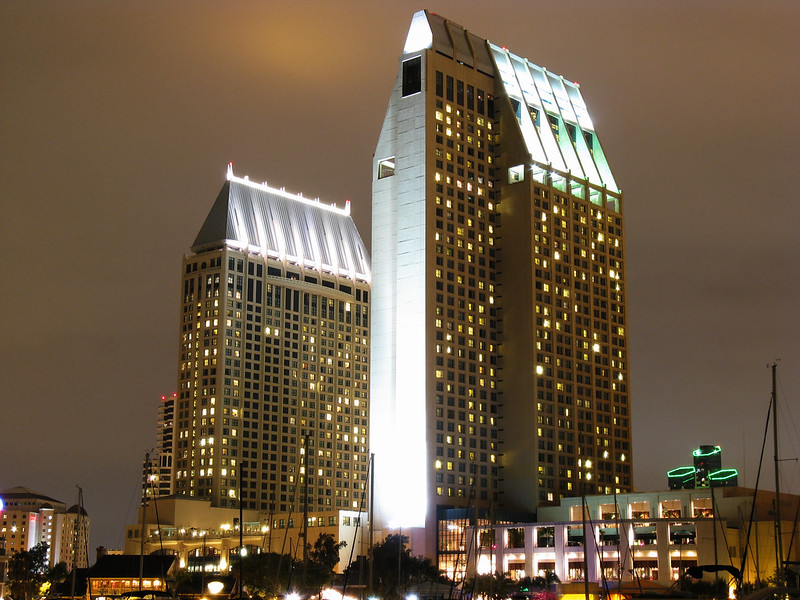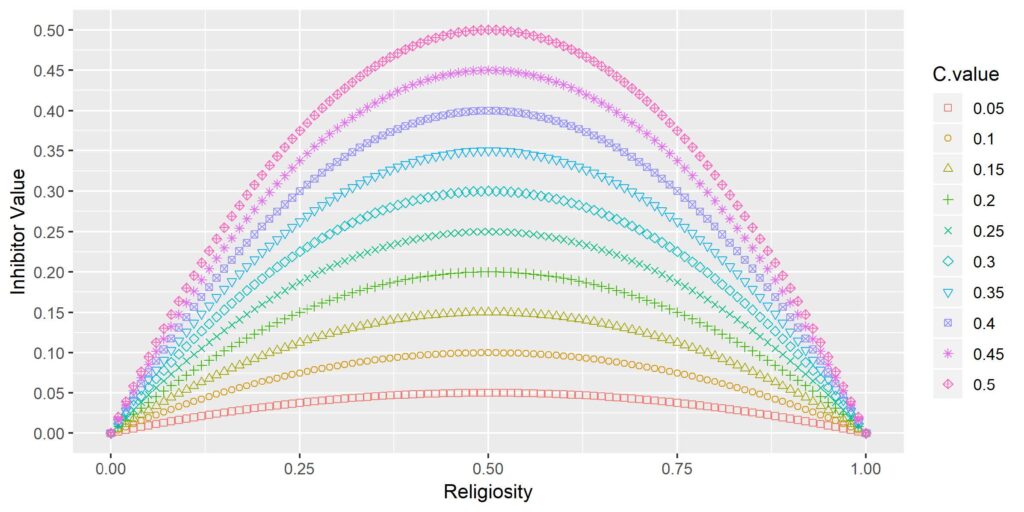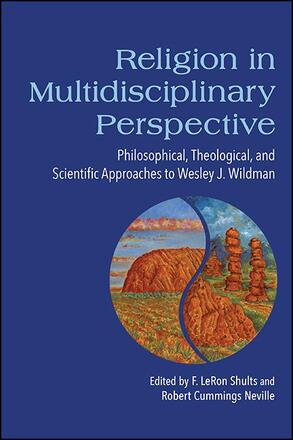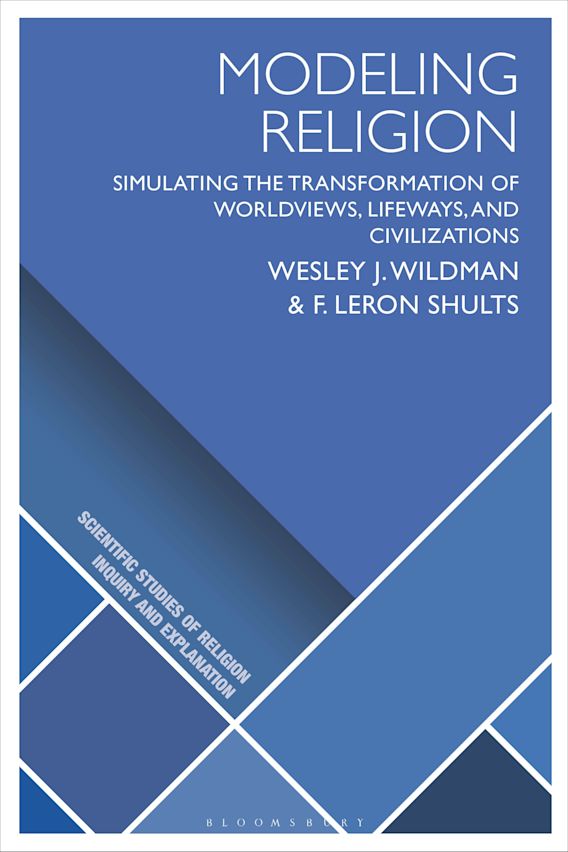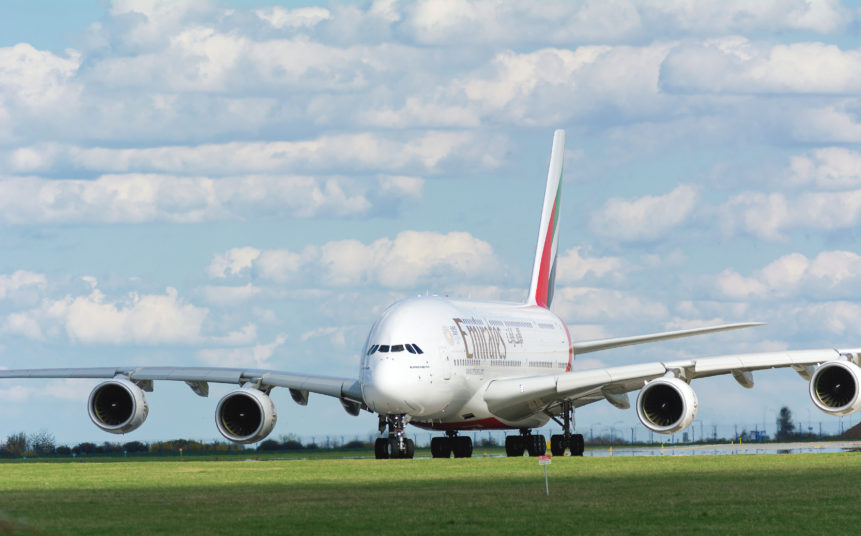PLEASE PASS THIS INVITATION ALONG TO OTHERS WHO MIGHT BE INTERESTED
Wesley Wildman, LeRon Shults, Just Horizons Alliance, the Center for Mind and Culture, DigEthix, Religion, Brain & Behavior journal, and various initiatives in the Scientific Study of Religion are hosting gatherings at the AAR annual meeting on Friday Nov 21 (7-9pm), Saturday Nov 22 (6-9pm), and Sunday Nov 23 (6-9pm). Drop in with friends for snacks, drinks, and conversation.
Location: Westin Copley Place (room 2801), opposite the Boston Public Library and Copley Square. The hotel is accessible through the shopping mall that runs past the Prudential and the Hynes Convention Center, where most conference events are held.
Access: It looks like you don’t need a room card to access FL28 so just come on up. If you get stuck, text 781-510-3828 or 781-467-9338 for help.



